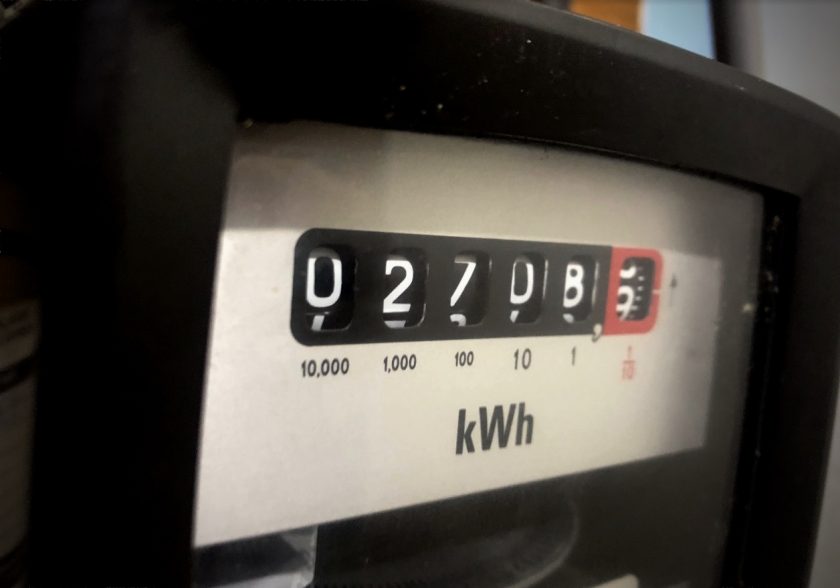From today, 1st October, households across Wales, England and Scotland will face higher energy costs as Ofgem raises the energy price cap to £1,717 per year.
This marks a 10% increase from the previous cap of £1,568 set in July, primarily driven by a rise in wholesale gas prices.
The energy price cap is intended to limit the maximum amount that suppliers can charge per kilowatt hour (kWh) for gas and electricity.
However, it does not cap total energy bills, which will still depend on individual usage.
The new cap applies to customers paying by direct debit, standard credit, prepayment meters, or Economy 7 meters.
Under the new cap, electricity prices will increase from 22.36p to 24.50p per kWh, with a daily standing charge rising from 60.12p to 60.99p.
Gas prices are also rising from 5.48p to 6.24p per kWh, while the daily standing charge will increase slightly from 31.41p to 31.66p.
For households on a standard variable tariff who pay by direct debit, this means an average increase of around £12 per month on energy bills.
Why the price cap has risen
The main driver behind the price increase is the wholesale cost of gas, which has surged in recent months.
Ofgem’s figures show that the cost of buying energy for customers has risen from £613 to £736 between the last price cap period and this one.
This £123 rise in wholesale costs is the most significant factor contributing to the overall £149 increase in the cap.
Other factors contributing to the higher cap include network costs, which cover the maintenance and repair of energy infrastructure, and supplier business costs.
These costs have also seen modest increases, but the wholesale price of gas remains the largest single factor.
Changes to the Winter Fuel Payment
Adding to the financial pressure on vulnerable households, changes to the Winter Fuel Payment scheme mean that more than 10 million pensioners will no longer receive the payment this winter.
Previously, the payment was available to all pensioners to help cover energy costs during the coldest months.
However, from July, the government announced that future payments will be restricted to low-income pensioners who are receiving certain benefits, such as pension credit.
This year’s payment—worth £200 or £300 depending on individual circumstances—will be automatically paid to eligible pensioners in November or December.
Since the changes were announced, 75,000 additional pensioners, who were previously not receiving pension credit, have made claims for the benefit.
Impact on households
Ofgem has noted that while the price cap ensures fair rates for those on default tariffs, it does not prevent bills from rising in line with energy costs.
The levelisation allowance, introduced in April 2024, ensures that those on prepayment meters pay the same standing charges as direct debit customers, providing some protection for vulnerable households.
For those paying by prepayment meter, the cap will increase to £1,669, up from £1,522 in the previous quarter. Standard credit customers will see the biggest hike, with the cap rising by £161 to £1,829.
Next review scheduled
Ofgem reviews and adjusts the energy price cap every three months to reflect the latest market conditions.
The next update will be announced on 25 November, setting the cap for the period from January to March 2025.
Spotted something? Got a story? Send a Facebook Message | A direct message on Twitter | Email: [email protected]
Latest News

